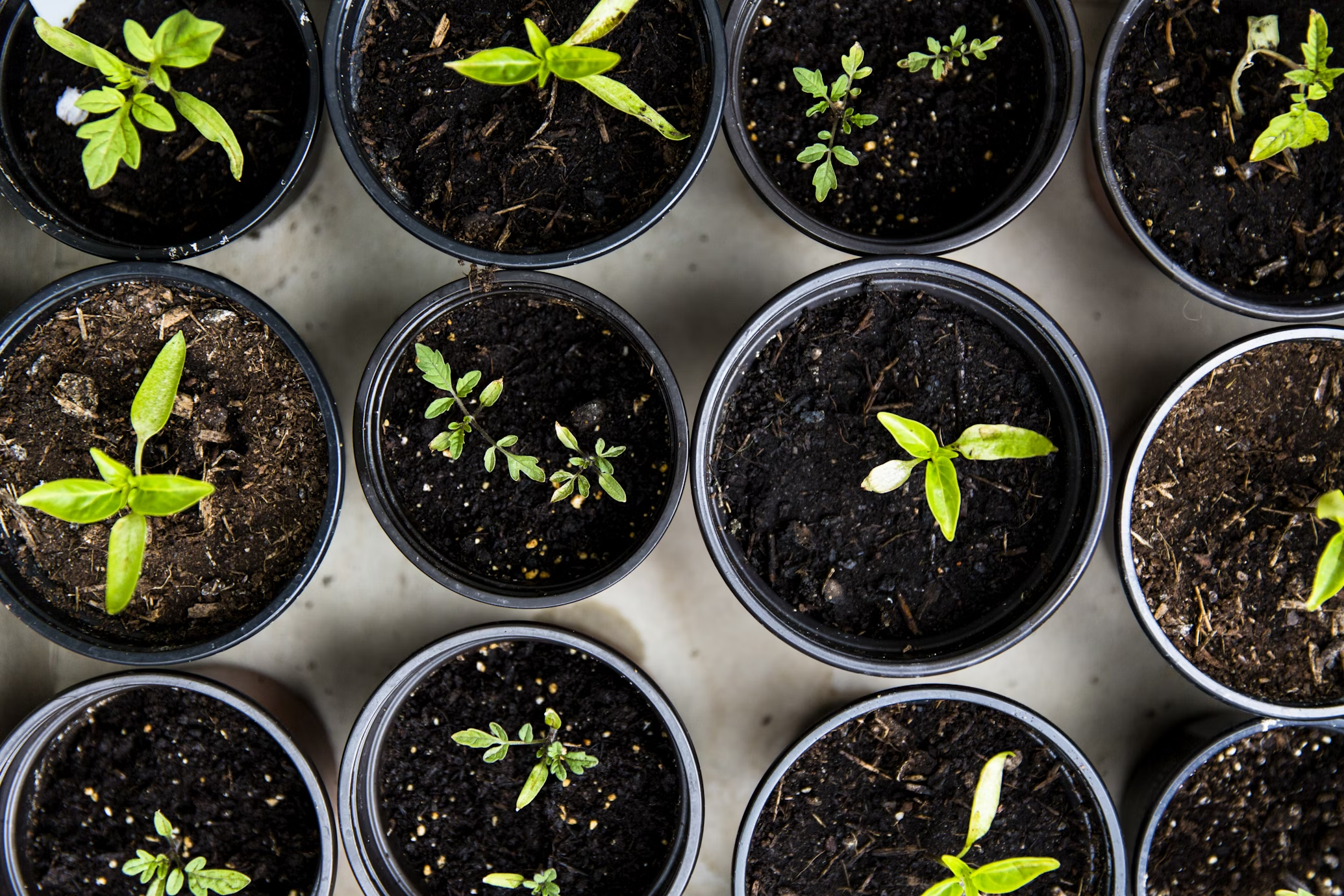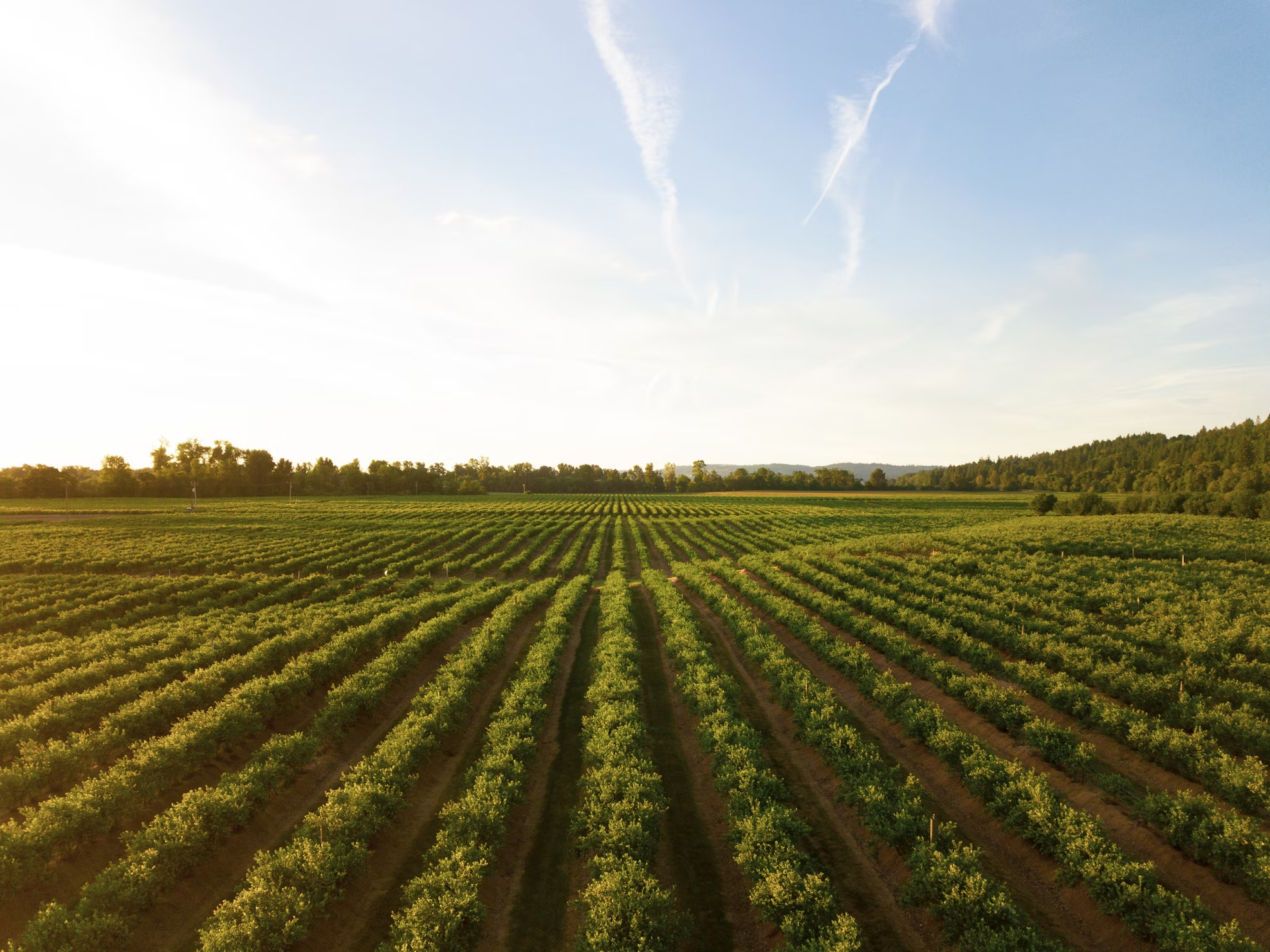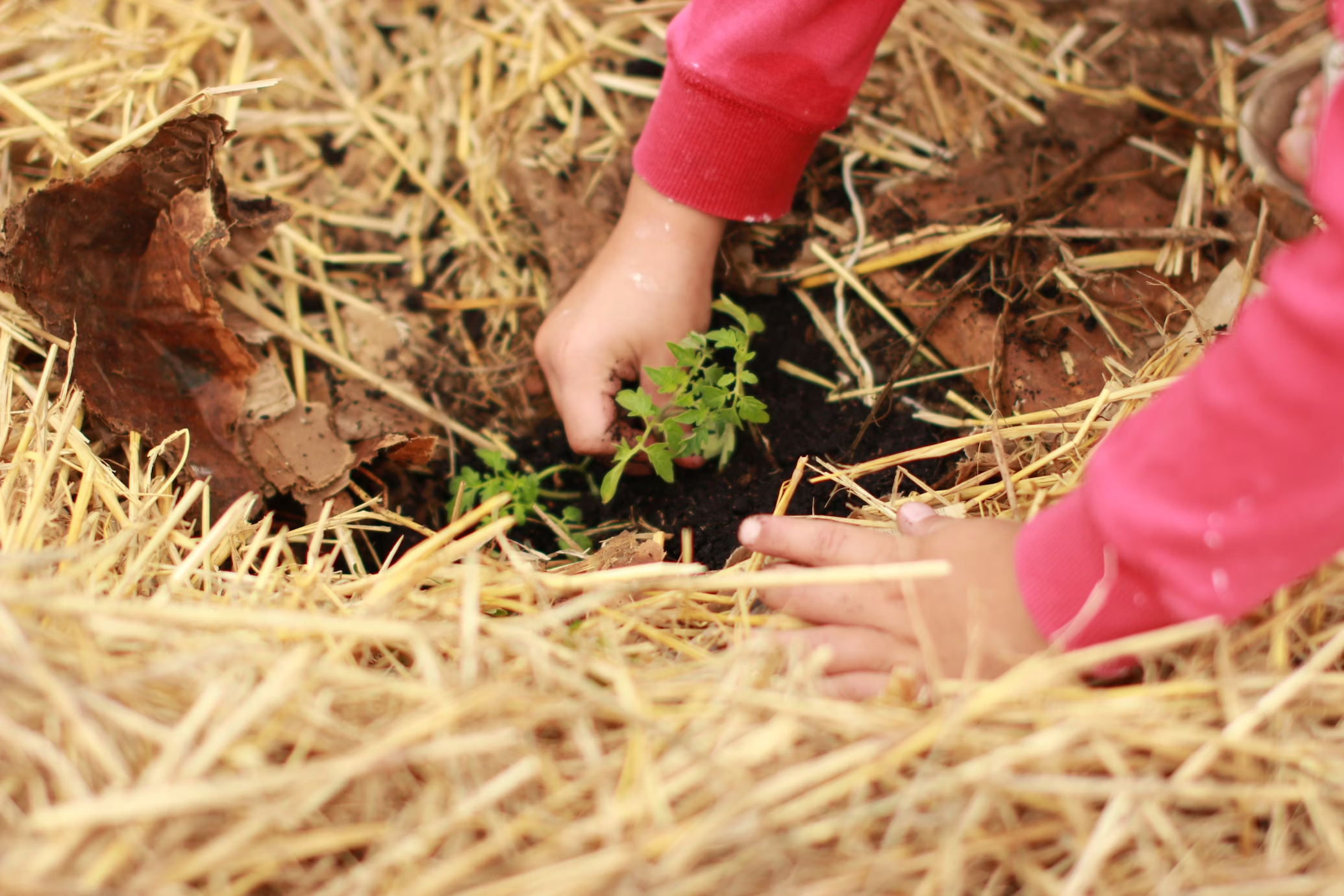
Sustainable living is no longer a niche interest; it has become a global movement that is reshaping the way we live, travel, and consume. As we step into 2024, the landscape of sustainable living continues to evolve, driven by innovation, awareness, and a collective commitment to a healthier planet. This blog post explores the top sustainable living trends of 2024, offering insights and practical tips for integrating eco-friendly practices into your daily life.
The Rise of Eco-Conscious Travel

The travel industry is undergoing a significant transformation as more people prioritize sustainability. Eco-conscious travel is not just a trend but a necessity for reducing our environmental footprint. From eco-friendly accommodations like solar-powered hotels and green resorts to sustainable transportation options such as electric cars and trains, the tourism industry is embracing greener practices.
Eco-friendly travel tips:
- Choose accommodations with green certifications.
- Opt for public transportation or car-sharing services.
- Support local and sustainable tourism operators.
Green Gardening Goes Mainstream

Gardening has always been a popular hobby, but in 2024, sustainable gardening practices are becoming mainstream. Home gardeners are increasingly adopting methods that promote biodiversity, reduce waste, and conserve water. Techniques such as composting, rainwater harvesting, and using native plants are not only beneficial for the environment but also enhance the beauty and productivity of home gardens.
Tips for a sustainable garden:
- Use organic fertilizers and pesticides.
- Implement permaculture principles.
- Create a composting system for kitchen and garden waste.
Renewable Energy Integration

Renewable energy is no longer confined to large-scale operations; it is becoming an integral part of residential living. Homeowners are increasingly installing solar panels, wind turbines, and other renewable energy systems to reduce their reliance on fossil fuels and lower their energy bills. Innovations in energy storage, such as advanced battery systems, are making it easier for households to manage and store renewable energy.
Latest home energy solutions:
- Solar panel installations with battery storage.
- Wind turbines suitable for residential areas.
- Smart home energy management systems.
Regenerative Agriculture Gains Traction

Regenerative agriculture is an approach that focuses on restoring soil health, enhancing biodiversity, and increasing resilience to climate change. This method goes beyond sustainability, aiming to improve the land and ecosystem. Consumers can support regenerative agriculture by choosing products from farms that practice these methods and by advocating for more regenerative farming policies.
Supporting regenerative practices:
- Buy from local farms that use regenerative methods.
- Participate in community-supported agriculture (CSA) programs.
- Advocate for regenerative agriculture policies.
Zero-Waste Kitchens Become the Norm

The zero-waste movement is gaining momentum, particularly in the kitchen. From reducing food waste to eliminating single-use plastics, zero-waste kitchens aim to minimize the environmental impact of our food consumption. Practices such as bulk buying, using reusable containers, and composting food scraps are becoming standard in households committed to sustainability.
Steps for a zero-waste kitchen:
- Plan meals to reduce food waste.
- Use reusable bags, containers, and wraps.
- Start composting organic waste.
Adoption of Eco-Friendly Technology

Technological advancements are making it easier to live sustainably. The latest eco-friendly gadgets and appliances are designed to reduce energy consumption and minimize environmental impact. From energy-efficient home appliances to smart devices that monitor and optimize resource use, technology is playing a crucial role in promoting sustainable living.
Eco-friendly tech innovations:
- Energy-efficient refrigerators and washing machines.
- Smart thermostats and lighting systems.
- Eco-friendly water filtration systems.
Circular Fashion Revolution

The fashion industry is undergoing a circular revolution, focusing on sustainability and reducing waste. Circular fashion involves designing clothes that can be recycled, upcycled, or returned to the manufacturer for reuse. Brands are increasingly adopting sustainable materials and ethical production practices, making it easier for consumers to make environmentally friendly fashion choices.
Leading sustainable fashion practices:
- Buy from brands that prioritize sustainability.
- Opt for second-hand or vintage clothing.
- Support clothing recycling programs.
Corporate Sustainability and Accountability

Businesses are facing growing pressure to adopt sustainable practices and be transparent about their environmental impact. New sustainability standards are being implemented, requiring companies to report on their carbon footprint, resource use, and waste management. Corporate transparency is crucial for building consumer trust and driving meaningful change.
Corporate sustainability measures:
- Adhere to sustainability reporting standards.
- Implement resource-efficient practices.
- Foster a culture of corporate responsibility.
The Sustainable Bond Market and Investment

The sustainable bond market is expanding rapidly, offering investors opportunities to support projects that benefit the environment and society. Green bonds, social bonds, and sustainability-linked bonds are attracting significant interest as more people seek to invest in initiatives that align with their values.
Investing in sustainability:
- Research and invest in green bonds.
- Support companies with strong sustainability credentials.
- Consider the long-term impact of your investments.
Conclusion
The sustainable living trends of 2024 highlight the growing commitment to creating a healthier planet. By adopting eco-friendly practices in travel, gardening, energy use, agriculture, and more, we can all contribute to a sustainable future. Embrace these trends, make conscious choices, and join the global movement towards a greener, more sustainable world.
As we explore the exciting developments in sustainable living, it’s important to remember that individual actions can collectively lead to significant change. Share your own sustainable living tips and stories in the comments below. Your experiences and ideas can inspire others to take steps towards a greener lifestyle.
For those eager to dive deeper into sustainability, we recommend the following resources:
- Books: “The Sustainable(ish) Living Guide” by Jen Gale, “Cradle to Cradle: Remaking the Way We Make Things” by William McDonough & Michael Braungart
- Websites: Sustainable Living Association, The Green Living Guide
- Podcasts: “Sustainable(ish)” by Jen Gale, “The Green Dreamer” by Kamea Chayne
Join the conversation on social media by using the hashtag #SustainableLiving2024 and follow us for more tips and updates on sustainable practices.
By embracing these trends and making small changes in our daily lives, we can all contribute to a more sustainable future. Whether it’s choosing eco-friendly travel options, creating a zero-waste kitchen, or investing in renewable energy, every action counts. Let’s work together to make 2024 a landmark year for sustainable living.
Let’s Get Started!
- Share Your Tips: Leave a comment with your best sustainable living advice.
- Stay Connected: Follow us on social media for daily tips and updates.
- Learn More: Check out the recommended resources for in-depth knowledge.
Together, we can make a difference. Here’s to a greener, more sustainable 2024!
Thank you for reading and being a part of the sustainable living movement. Your commitment to sustainability is not only beneficial for the planet but also helps build a healthier and more resilient community. Let’s continue to support each other and strive for a brighter, more sustainable future.

